Political opponents say Burundi Government cannot prepare the 2020 elections since the current Burundi crisis is not yet solved.
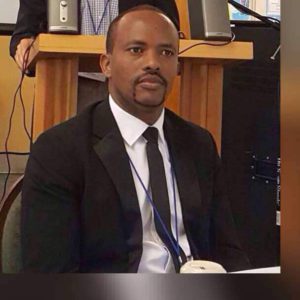
Jean Claude Nkundwa, expert in peaceful conflict resolution “Burundi government is now getting more growing pressure from the international community than before”
The office of the Burundian Ombudsman organized a political retreat for leaders of political parties, representatives of civil society organizations and religious denominations from 20 to 23 June. Participants discussed three topics: the moral lesson learned from the 2015 elections, the outlook for the 2020 elections, the political and security situation in Burundi as well as the possibility to amend the constitution.
According to Tatien Sibomana, member of the opposition party UPRONA, members of the opposition realized the government’ secret intention. “The government planned to lead us to the discussion of a roadmap for the 2020 elections in order to distract us from our commitment to resolve de current political crisis in Burundi,” says Sibomana.
According to him, politicians cannot discuss the 2020 election process as long as the current political crisis caused by the illegal Pierre Nkurunziza’s third term has not yet been solved.
Sibomana asks the mediation to speed up the process in order to sign an agreement leading to the preparation of the 2020 electoral process. “As conditions are not favorable to enable politicians and civil society members exiled abroad to return to Burundi, it is not possible to prepare these elections. Democratic elections are supposed to be inclusive and transparent, everyone has the right to participate in them “, Sibomana said.
For Jean de Dieu Mutabazi, the chairman of RADEBU party, the inter-Burundian dialogue in Arusha can continue after the elections of 2020. “Elections cannot be conditioned by the dialogue, since there is no evidence that Burundians will come to an agreement, “says Mutabazi.
He says it is necessary to hold the 2020 elections in order to have the necessary and solid institutions to continue the dialogue after the elections.
Government is avoiding international pressure
Charles Nditije, the chairman of the main political opposition coalition CNARED says this retreat aims at deceiving the Burundian people and international community that peace reigns in Burundi.
Jean Claude Nkundwa, expert in peaceful conflict resolution, says given the context in which the political retreat is organized and the topic discussed, Burundi Government is trying to make people believe it is able to organize peace talks between the ruling party and political opponents and that Burundi does not consequently need external dialogue.
According to him, Burundi government is now getting more growing pressure from the international community than before. “The current president of the East African Community has recently asked Burundi Government to ease the process of peace talks in order to prevent the flood of refugees in neighboring countries,” Nkundwa says.
For him, this is a strong statement that worries the Government. Nkundwa says Burundi Government adopts such an attitude as a way of responding to the internal community pressure.
For Nkundwa, Burundi government will not achieve its goal as long as the current political crisis is still unsolved and over 400 thousand Burundians live in exile. He believes that the government should accept dialogue with its real opponents.

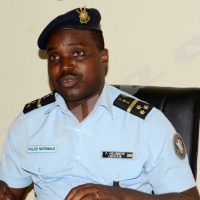
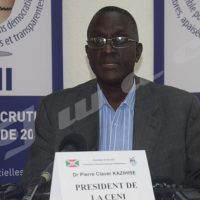
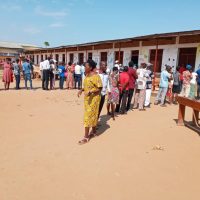
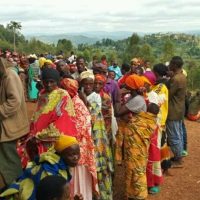
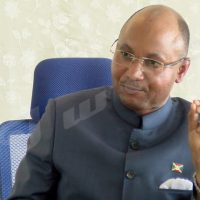













 IWACU Open Data
IWACU Open Data

